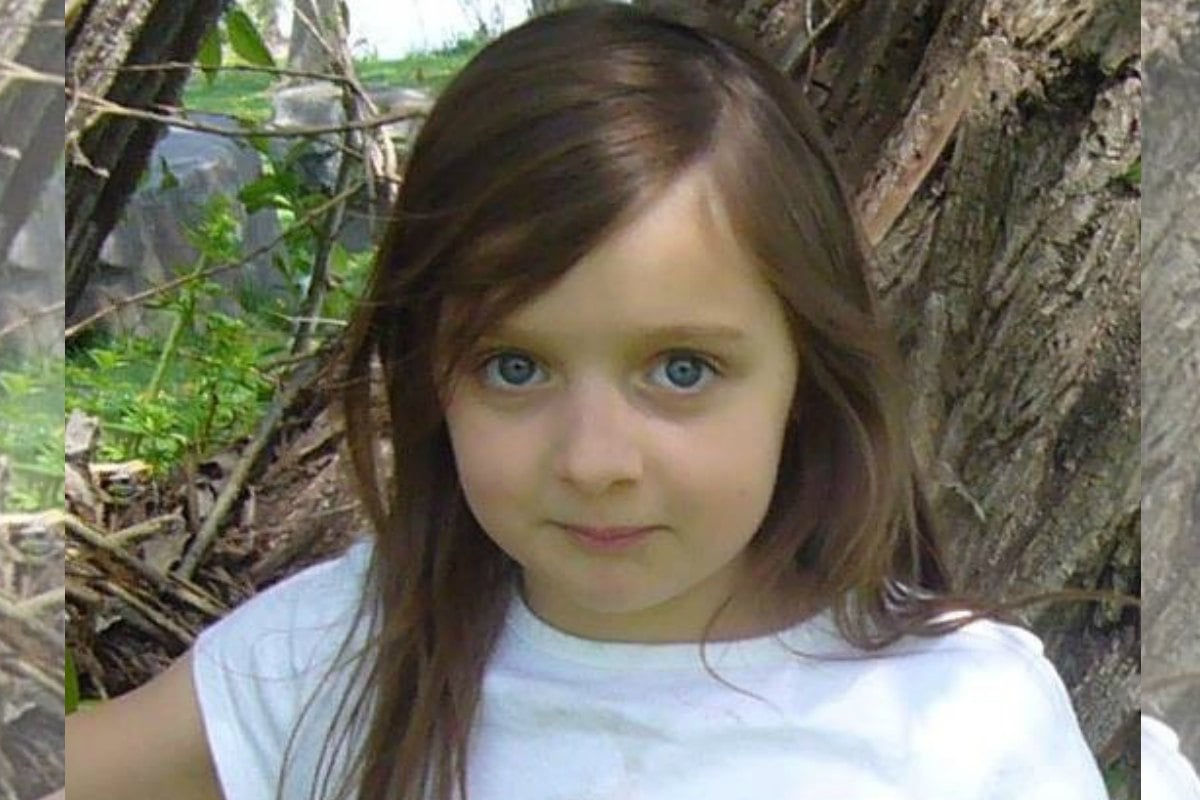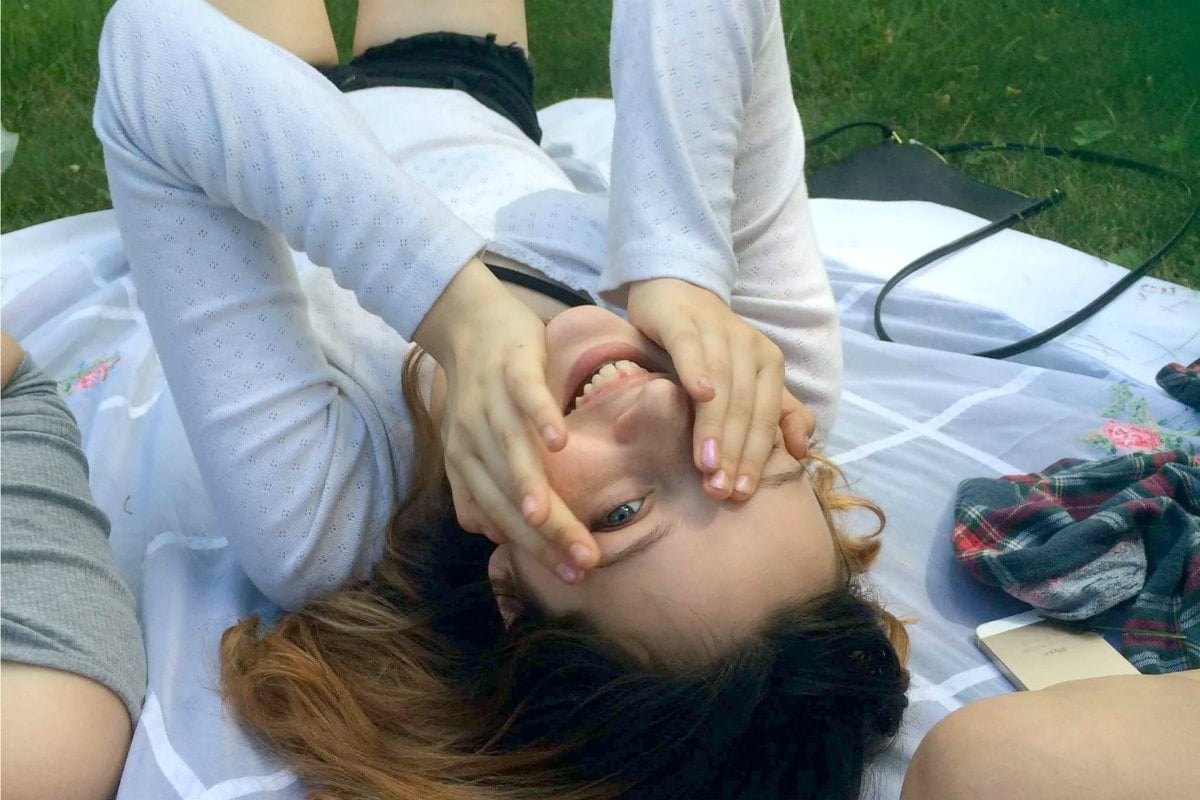
When my daughter was undergoing treatment for cancer, a container of “holy water” arrived at my door from an acquaintance who had taken a trip to a sacred spring somewhere in the Middle East. “Have her drink this,” the note said. “It has miraculous healing properties.”
I politely thanked this well-intentioned person, but I was, frankly, horrified. My daughter was immunosuppressed! All I could think about were the germs I’d be introducing into her system.
This wasn’t an isolated incident during my daughter’s treatment. While most of our family and friends trusted that we were doing everything we could to save Ana, there were also those who insisted we could do more. They pushed “miracle cures” on us — things like high doses of cannabis, frankincense oil (rubbed on her stomach near the tumour), and other dubious remedies. They meant well, but they were only adding to the pain I felt over not being able to heal my child.
It wasn’t just the “alternative” or “holistic” treatment advice that caused distress. My (now-estranged) cousin frequently sent me clinical studies and journal abstracts about Ana’s specific tumour type, many of which I’d already seen and reviewed with Ana’s doctors.
At first, I was receptive, letting my cousin know I’d forwarded a particular study to Ana’s oncologist and keeping her informed about his response. In most cases, though, the treatments she forwarded had to do with immunotherapy, which Ana wasn’t a candidate for due to her immunosuppressive drugs.


Top Comments
I am so sorry that people failed you in your grief:( I think when we're in grief and people respond in such a crappy way (even if well intended), it only leaves us feeling more isolated and more vulnerable to self-blame. I'm sure you did everythinng and I'm the doctors did everything to try and save your little girl. You did not fail❤
It might not have been available in her state at the time Ana was diagnosed, but there's currently a trial running with all children's hospitals in Australia called the Zero Childhood Cancer project: it's a world leading personalised medicine program where they look at your child's cancer in detail, down to its DNA. Some kids have had amazing outcomes through it, but even for those that don't, it helps reassure the parents that every scientifically proven option has been looked at, and hopefully makes them less vulnerable to people selling false hope.